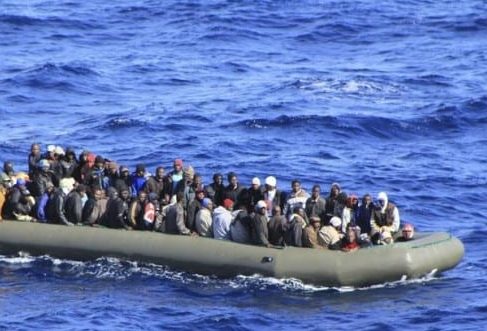EUROPE has never shut its doors to migrants. And, despite the rhetoric coming from Brussels, it won’t try to keep out the hundreds of North Africans who are trying to reach the continent’s shores.
Last week, there was an outcry from several EU-member nations, including Spain, over what they claimed was an unfair plan by Brussels to assign quotas to different countries, allocating each a share of the asylum-seekers fleeing war-torn places like Libya and Syria.
Spanish Foreign Minister José García-Margallo doesn’t agree with the fixed quota system the European Commission is trying to impose. He said it didn’t take into account certain factors, such as Spain’s high unemployment rate, in measuring a country’s ability to handle a migrant intake.
In Britain last year, net migration reached its highest level since 2005, with 318,000 making the UK their new home.
In an effort to deal with a growing crisis and prevent more deaths in Mediterranean waters during dangerous crossings, the EC wants to welcome at least 20,000 migrants over the next two years. But it also offered Britain, Denmark and Ireland the option of not accepting any. Italy, Germany and Austria are strong backers of this new quota system.
The proposed formula, in which Spain was assigned to take in 9.1 percent of the 20,000, still has to be passed by the national parliaments of each member state before it will go into effect. And we know how slow those processes can be. A formal proposal by the EC is expected to come at the end of the month.
Now the question remains, where will these migrants be taken for processing if agreements are reached? Among the places being discussed are Algeciras, on Spain’s southwest coast, and other ports in Italy or Greece.
The Spanish government may not agree with the planned quota system, but it certainly will come out against any EC proposal to use the country as a clearing house, on the grounds that many migrants who are brought here will instead want to remain in Spain.
Click here to read more News from The Olive Press.








